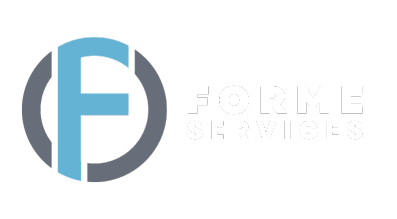- Supply of Goods
What is an Eway Bill?
e-way bill is short for Electronic Way Bill. GST E-way bill is a document used to track goods in transit introduced under the Goods and Service Tax. A taxable person registered under GST involved in the transportation of goods with a value of over Rs.50,000 must possess an E-way bill generated on the GST Portal.
LEDGERS has made E-way bill generation and management very simple for business. The Ledgers E-way bill tool is synced to GST invoices, bills of supply, purchases invoices, and customer or supplier accounts.
eWay Bills can be generated seamlessly at the click of a button and shared with the customers or suppliers. The procedure for moving the movements of goods is prescribed in the E-way bill rules. However, it is to be noted that when the GST Act came into being on the 1st of July, the E-way bill implementation was deferred.
- LEDGERS Software,
- E-Way bill portal
- SMS,
- Android App and through,
- Site-to-Site Integration (through API).
- Product Name and Description must be completed similar to a tax invoice.
- HSN Code for the Product must be entered. Click here to find HSN code.
- Quantity and Unit of the goods.
- Value of the products along with Tax rate.
- IGST or CGST Rates applicable. IGST would be applicable for inter-state transport and SGST / CGST for intra-state transport.
- Approximate distance of transport along with Transporter Name and Transporter ID. This shall determine the validity of the E-Way bill.
Cases When E-Way Bill is Exempted or Not Required.
- Liquefied petroleum gas for supply to household and non-domestic exempted category (NDEC) customers;
- Kerosene oil sold under PDS;
- Postal baggage transported by Department of Posts;
- Natural or cultured pearls and precious or semi-precious stones; precious metals and metals clad with precious metal (Chapter 71);
- Jewelry, goldsmiths and silversmiths wares and other articles (Chapter 71);
- Currency;
- Used personal and household effects;
- Coral, unworked (0508) and worked coral (9601)
- Alcoholic liquor for human consumption
- Petroleum crude
- High-speed diesel
- Motor spirit (commonly known as petrol)
- Natural gas,
- Aviation turbine fuel
- When there is no supply as per provisions in Schedule III of the Act, an E-way bill is not required.
- Under customs bond from an inland container depot or a container freight station to a customs port, airport, air cargo complex, and land customs station, or one customs station or customs port to another customs station or customs port, or
- Under customs supervision or customs seal;
- Where the goods being transported are transit cargo from or to Nepal or Bhutan;
- Where the goods being transported are exempt from tax under various notifications;
- When Central Government, State Government, or a local authority acting as a consignor undertakes the Transport of goods by rail, no E-way bill is required.
- When goods movement has been caused by defense formation under the Ministry of defense as consignor or consignee, no E-way bill is required.
- No E-way bill is required in case of Transport of empty cargo containers.
- In case goods are being transported for weighing purposes and the distance is not more than 20 Kms from the place of the consignor's business to the weighbridge or vice versa, E-way bill generation is not required. However, the movement of goods must be accompanied by a delivery challan.
- When goods specified in the schedule appended to notification no, 2/2017-Central Tax (Rate) dated 28.06.2017 is being transported, other than de-oiled cake, then in such case, e-way Bill is not required to be generated.
- Transport ID
- Transport Document










